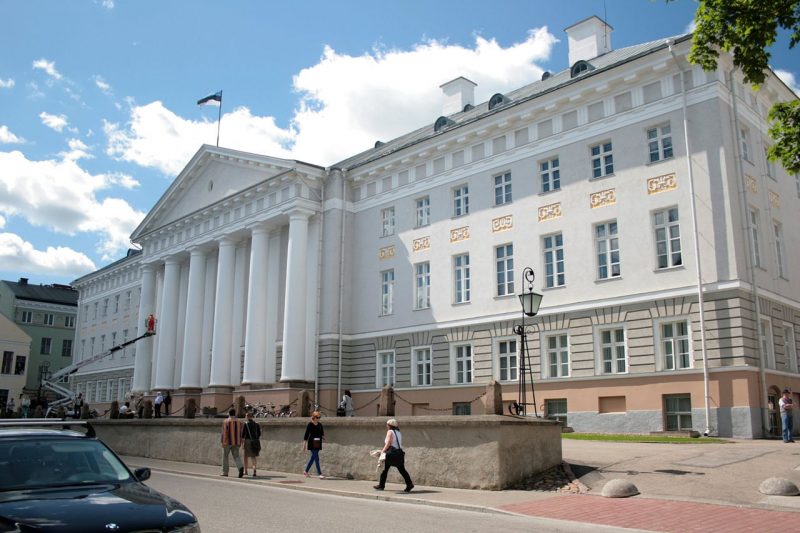University fees vary significantly across European countries, as does the amount of financial support available to students.
In four countries – Finland, Sweden, Scotland and Norway- there are no fees for either home or EU students, while in 12 countries fees apply to all students.
A new report by the European Commission surveyed all 42 student fee systems across EU countries, (the UK is broken down by country into four and Belgium is divided into three by the French, German-speaking, and Flemish Communities) to analyse which charge the most and which offer the most support.
The report found that all systems provide at least one type of financial support – either a grant or a loan – and half provide indirect support, such as family allowances and tax benefits.
Of the systems with fees, undergraduate students in the Czech Republic, Poland, Slovenia, and Slovakia pay the least, at under €100 per academic year.
In most systems, students can take out repayable loans to cover tuition fees, but only in 15 systems do more than 5% of students actually take out loans. England has the highest rate of students taking out tuition fee loans, at about 93% of all undergraduate students.
Below are the 12 countries that charge their undergraduate students the most(the figures do not include fees for international students):
12. Italy — About 90% of students pay fees, ranging from €200-€2,401 per year. However, need-based grants range from €1,929-€5,118, and less than 1% of students take out a loan.

11. Ireland — About 60% of students pay a "student contribution" of €3,000 per year. However, need-based grants range from €305-€5,915 and merit-based grants are €2,000. There are no loans available.

10. Switzerland — All students pay fees, ranging from €876-€3,502 per year. However, need-based grants range from €7,529-€14,008, and less than 1% of students take out a loan.

9. Northern Ireland — All students pay fees, which are capped at £4,030 per year. However, in 2015/16 more than half of the applicants were awarded a need-based grant of up to £3,475. In 2015/16, 71% of students took out a loan.

8. Latvia — Only 35% of students pay fees, ranging from €1,100-€5,200 per year. However, need-based grants of €199 and merit-based grants of €996 are available, and in 2016/17 around 10% of students took out a loan.

7. Romania — About 37% of students pay fees, ranging from €601-€5,780 per year. However, a need-based grant of up to €1,464 and merit-based grants of between €1,568-€2,091 are available. There are no student loans.

6. Iceland — All students pay fees, ranging from €592-€6,288 per year. There are no public needs-based or merit-based grants, and around 50% of students take out a loan.

5. Estonia — About 21% of students pay fees, ranging from €50-€7,200 per year. However, need-based grants range from €750-€2,200 and merit-based grants range from €1,000-€3,000. In 2015/16, only 7% of students took out a loan.

4. Wales — All students pay fees of up to £9,000 per year. However, need-based grants can be up to £4,954. In 2014/15, 92% of eligible students took out a loan.

3. England — All students pay fees, ranging from £9,876-£10,028 per year. There are no needs-based or merit-based grants available, and 93% of students take out a loan.

2. Lithuania — Around 38% of students pay fees, ranging from €1,073-€11,576 per year. Need-based grants range from €124-€1,482 and merit-based grants range from €8-€2,168. In 2016, around 5% of students took out a state-supported loan.

1. Hungary — Around 35% of students pay fees, ranging from €752-€13,871 per year. However, need-based grants range from €27-€3,248 and merit-based grants range from €39-€3,271. Around 26% of eligible students took out a government-subsidised loan in 2016/17.


